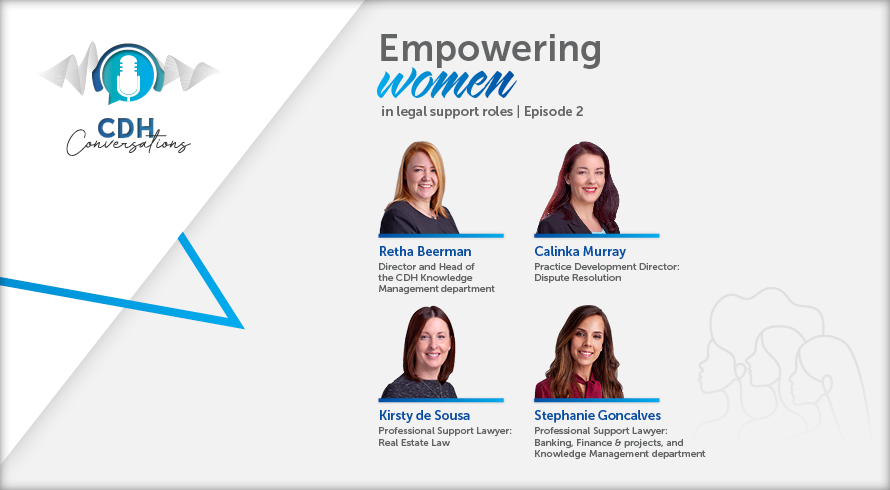City of Cape Town: Establishment of a regional landfill site
City of Cape Town: Establishment of a regional landfill site
Cliffe Dekker Hofmeyr advised the City of Cape Town on a challenge to the authorisation of the establishment of a regional landfill site.
This mandate is important as the City of Cape Town is running out of space in which to dispose of waste and it is critical that a new landfill site be established to ensure that adequate municipal services are supplied.
You might also be interested in

4 Feb 2025
by Lydia Owuor, Henry Omukubi and Michelle Kibui
The Supreme Court’s judgment in Kwanza Estates Limited v Jomo Kenyatta University of Agriculture and Technology
Before delving into the specifics of the Supreme Court’s decision in Kwanza Estates Limited v Jomo Kenyatta University of Agriculture and Technology (Petition E001 of 2024), it is helpful to first establish some key principles that underpin the governance of leases.
Real Estate Law
10 min read

5 Jul 2024
by Retha Beerman, Stephanie Goncalves and Calinka Murray
Empowering women in legal support roles: Episode 2
In this episode we hear from our guests as they share their unique experiences and perspectives on navigating the legal realm, embracing innovation and disruptions in the legal industry.
Firm News
11:59 Minutes

22 Nov 2024
by Brigitta Mangale and Caitlin Freddy
Standing in solidarity against gender-based violence and femicide
As we continue to stand in solidarity with the activists who began the Women’s Global Leadership Institute in 1991, we take a moment to reflect on what can be achieved through collective commitment and resilience in building a safer South Africa for all. The annual 16 Days of Activism for No Violence Against Women and Children Campaign aims to raise awareness of the enduring and devastating impact that gender-based violence and femicide (GBVF) have on women and children, and on our society more broadly.
Pro Bono & Human Rights
5 min read

13 Mar 2025
by Phetheni Nkuna
2025 labour law changes a positive step toward an inclusive employment landscape
Phetheni Nkuna, Director in the Employment Law practice recently joined Jeremy Maggs on Hot 1027 to discuss some of the recent formative labour law changes that mark a positive step toward an inclusive employment landscape.
Employment Law
09:09 Minutes

25 Sep 2024
by Samantha Kelly
Samantha Kelly discussed balancing her career and her role as a mom
Samantha Kelly, Counsel in the Real Estate Law practice was featured in the DealMakers Women 2024 Issue where she discussed balancing her career and her role as amom.
Real Estate Law
1 min read

5 Jun 2024
by David Thompson and Muzammil Ahmed
Unlocking stalemates: Solutions for shareholder deadlocks
Imagine this – the future of your company hangs in the balance, but the room is split down the middle. Critical decisions are stalled, tempers are flaring, and progress has ground to a halt. Welcome to the frustrating world of corporate deadlocks. Such an impasse can cripple even the most dynamic of companies, turning what should be a strategic collaboration into a stalemate. But fear not, for there are creative solutions designed to break these deadlocks and get your company back on track. In this article, we explore some of these deadlock-breaking mechanisms. We don’t cover possible processes preceding the shareholder deadlock stage – such as referring matters to respective CEOs of shareholders for discussion before going to a vote at shareholder level – which could be used in conjunction with the suggestions below.
Corporate & Commercial Law
5 min read